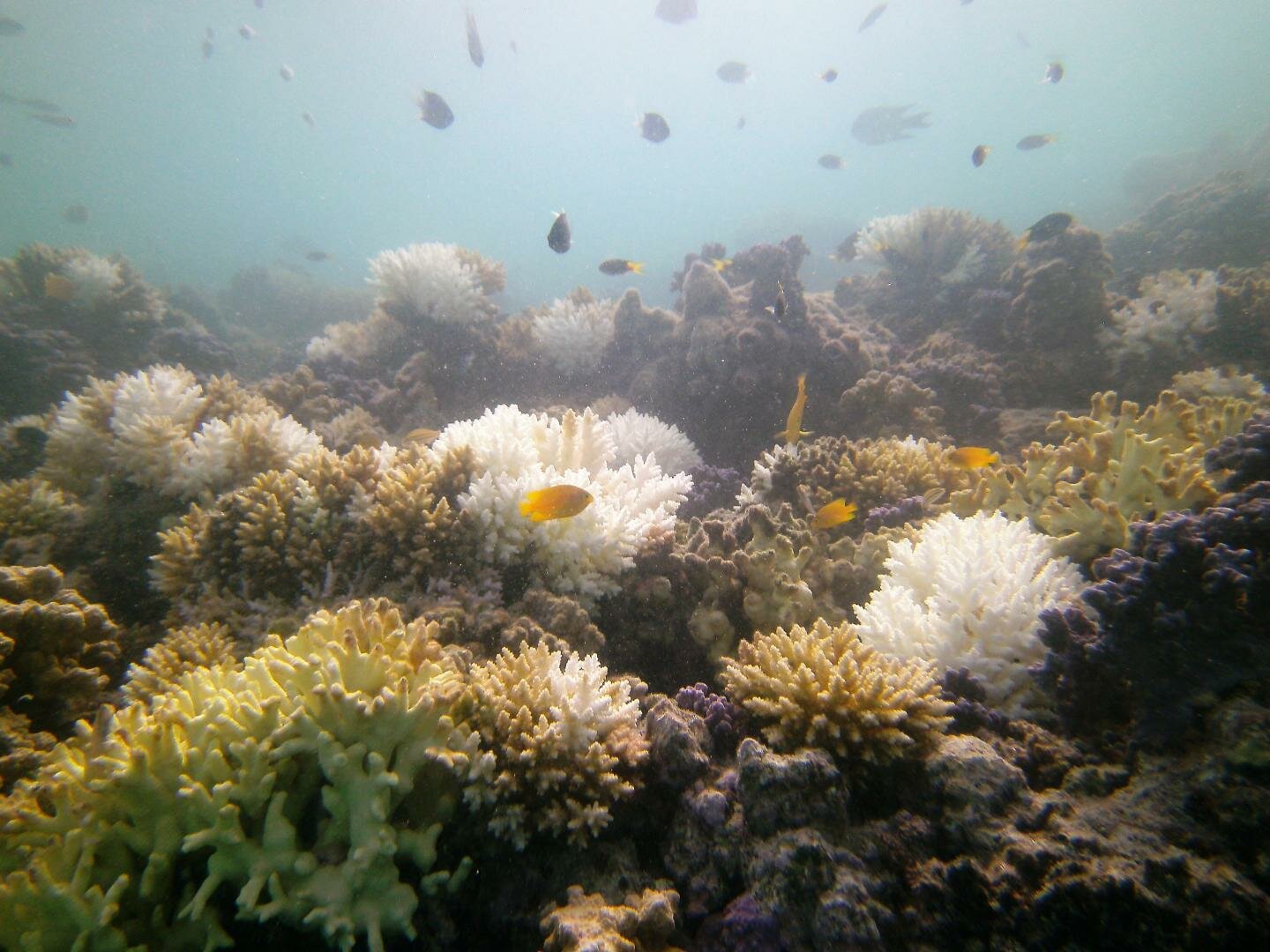11 Dec 2024

Tired Earth
By The Editorial Board

Excessively warm ocean temperatures caused by climate change are the “new normal,” according to a new study that estimated over half of the global ocean surface has regularly breached a historical heat extreme threshold since 2014.
In the research, published in the journal PLOS Climate on Tuesday, scientists mapped 150 years of sea surface temperatures to determine a fixed historical benchmark for marine heat extremes and find how often and how much of the ocean surpassed this point.
The researchers, including those from the Monterey Bay Aquarium, found more than half the ocean had heat extremes exceed this benchmark since 2014, compared to only 2 per cent of the ocean surface that had such extremely warm temperatures at the end of the 19th century.
“For the year 2019, our index reports that 57 per cent of the global ocean surface recorded extreme heat, which was comparatively rare (approximately 2 per cent) during the period of the second industrial revolution,” the scientists noted in the study.
The findings suggested that for the last seven years more than half the Earth’s ocean surface has been experiencing extreme heat.
“Climate change is not a future event. The reality is that it’s been affecting us for a while,” study lead author Kyle Van Houtan said in a statement.
“These dramatic changes we’ve recorded in the ocean are yet another piece of evidence that should be a wake-up call to act on climate change. We are experiencing it now, and it is speeding up,” Dr Van Houtan added.
In the study, the researchers assessed historical data to estimate the average temperatures for the ocean’s surface over the period spanning 1870 to 1919 and found the most dramatic ocean warming that occurred during that period.
“Today, the majority of the ocean’s surface has warmed to temperatures that only a century ago occurred as rare, once-in-50-year extreme warming events,” Dr Van Houtan said.
This new normal of extreme heat across most of the planet’s ocean surface is further evidence for the urgent need to drastically reduce emissions from the burning of fossil fuels, which are the driver of climate change, the scientists said.
Intolerably high temperatures in marine ecosystems near the topics can lead to the collapse of key organisms such as corals, seagrass meadows or kelp forests can collapse, the researchers warned.
“Altering ecosystem structure and function threatens their capacity to provide life-sustaining services to human communities like supporting healthy and sustainable fisheries, buffering low-lying coastal regions from extreme weather events, and serving as a carbon sink to store the excess carbon put in the atmosphere from human-generated greenhouse emissions,” Dr Van Houtan added.
Source : msn.com
Comment